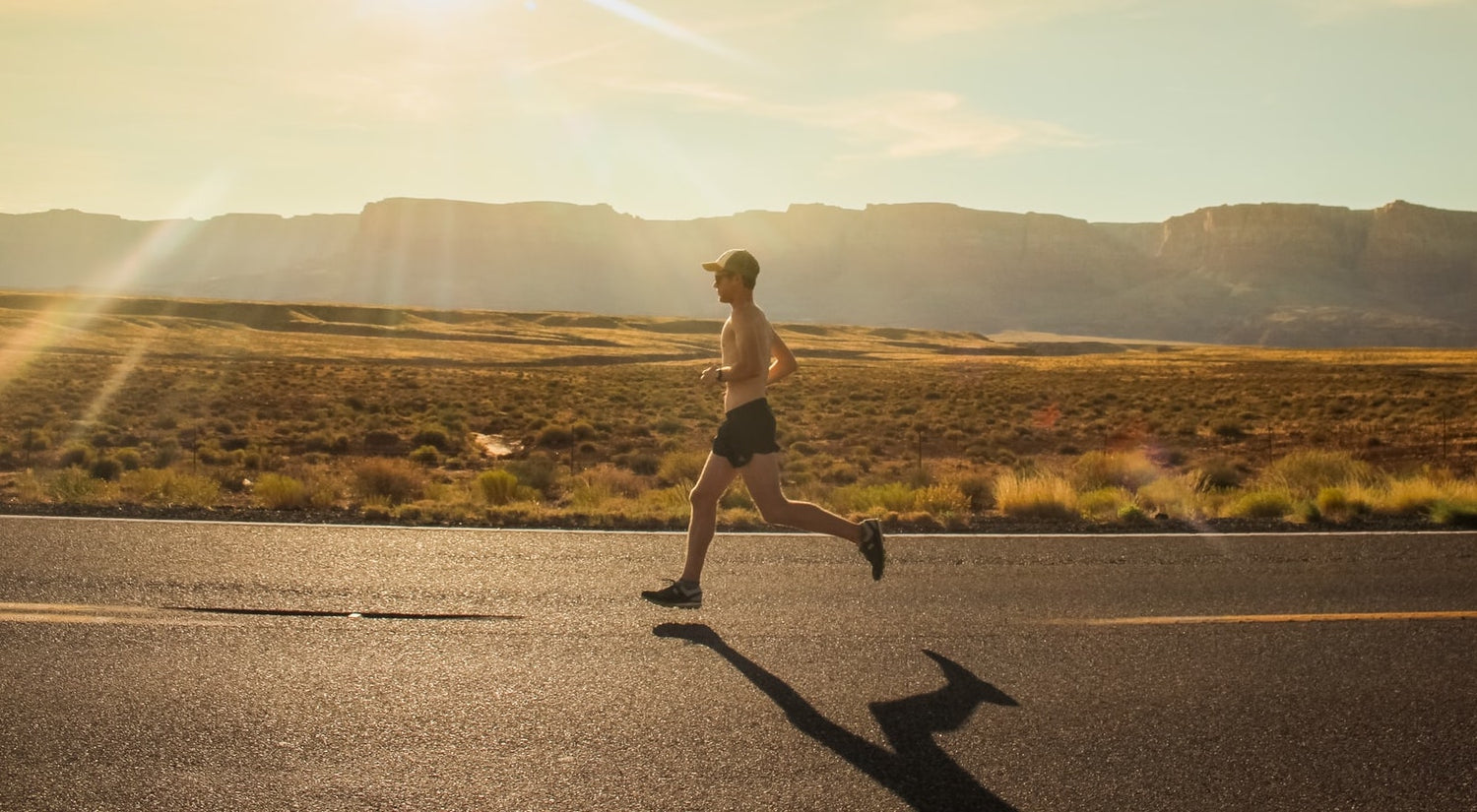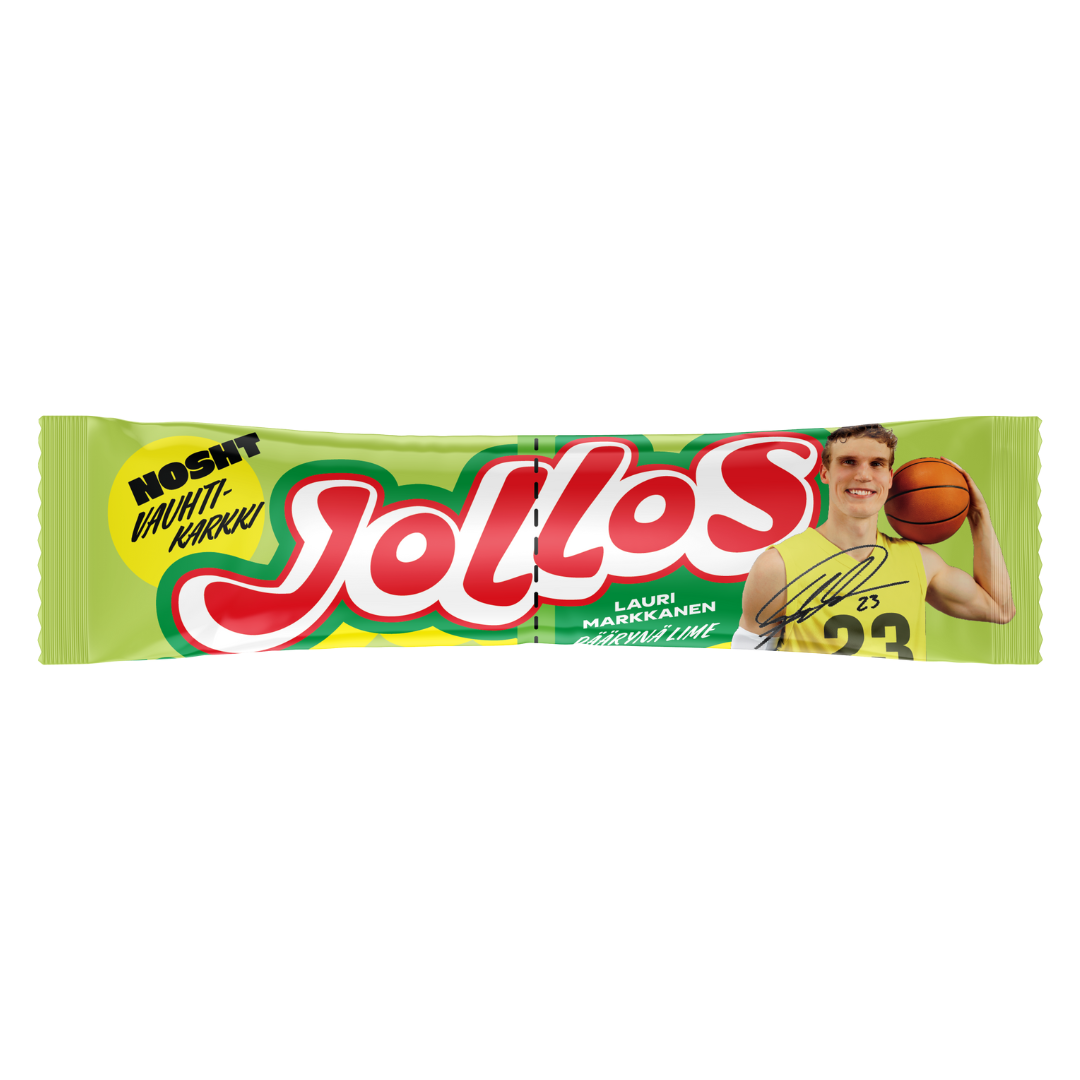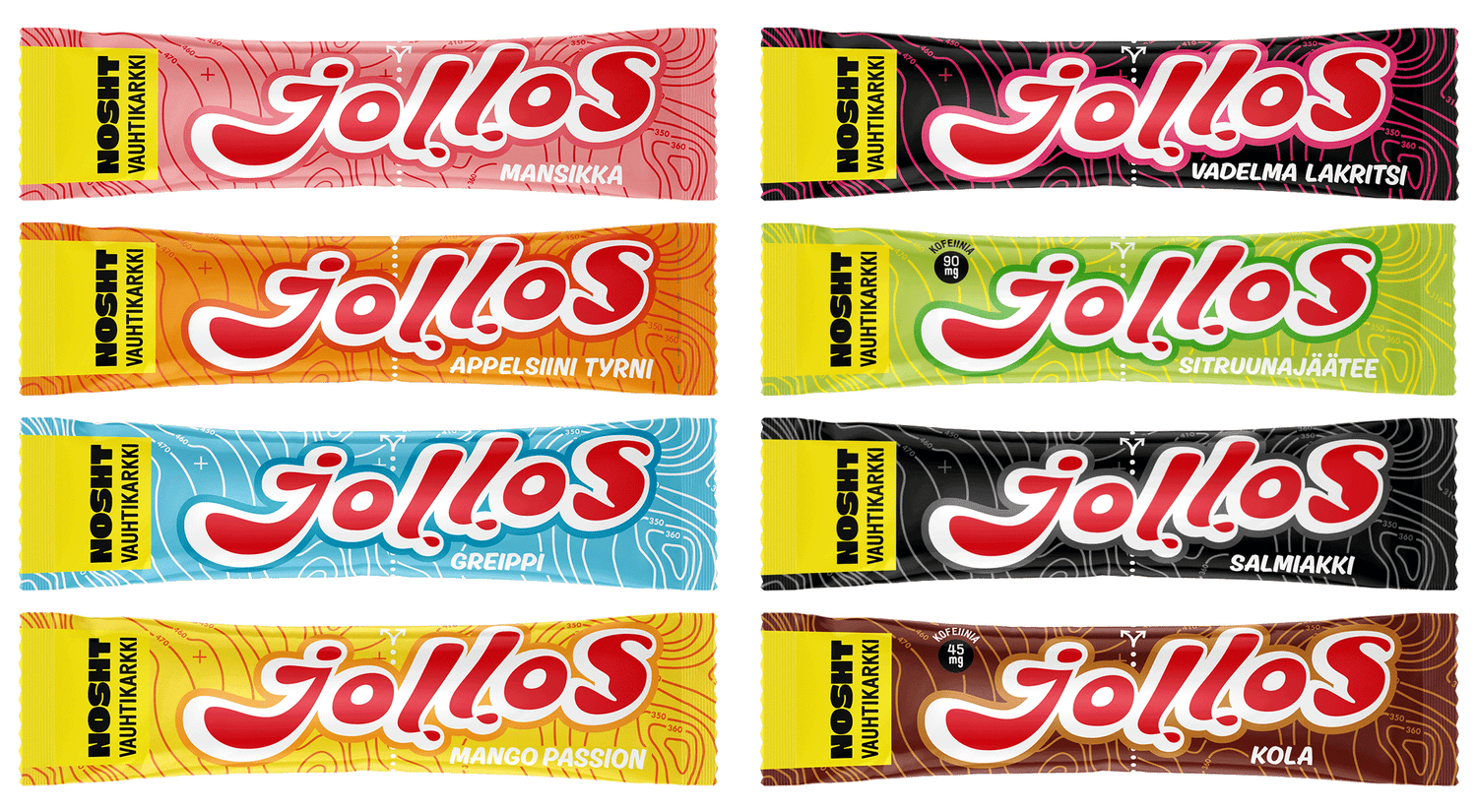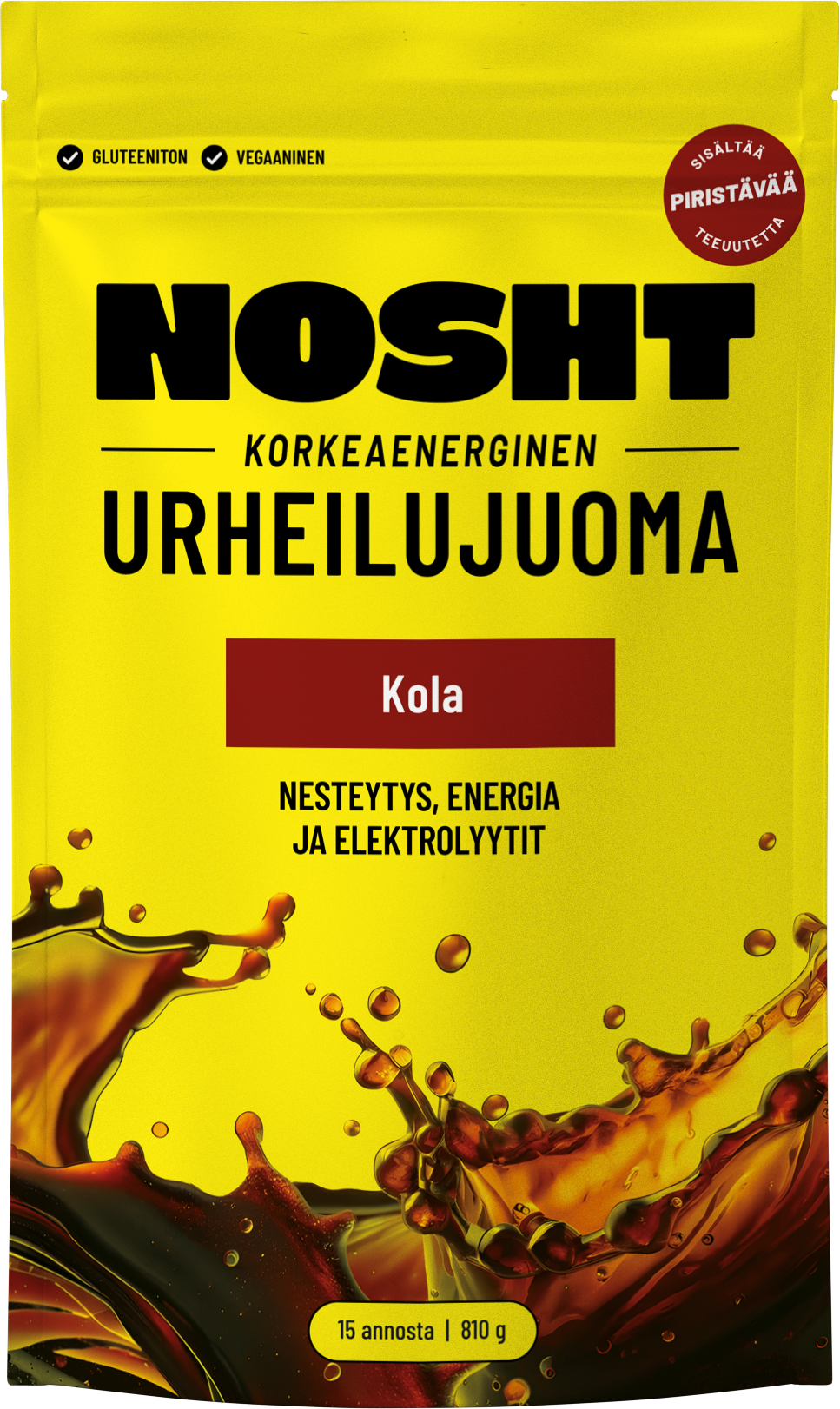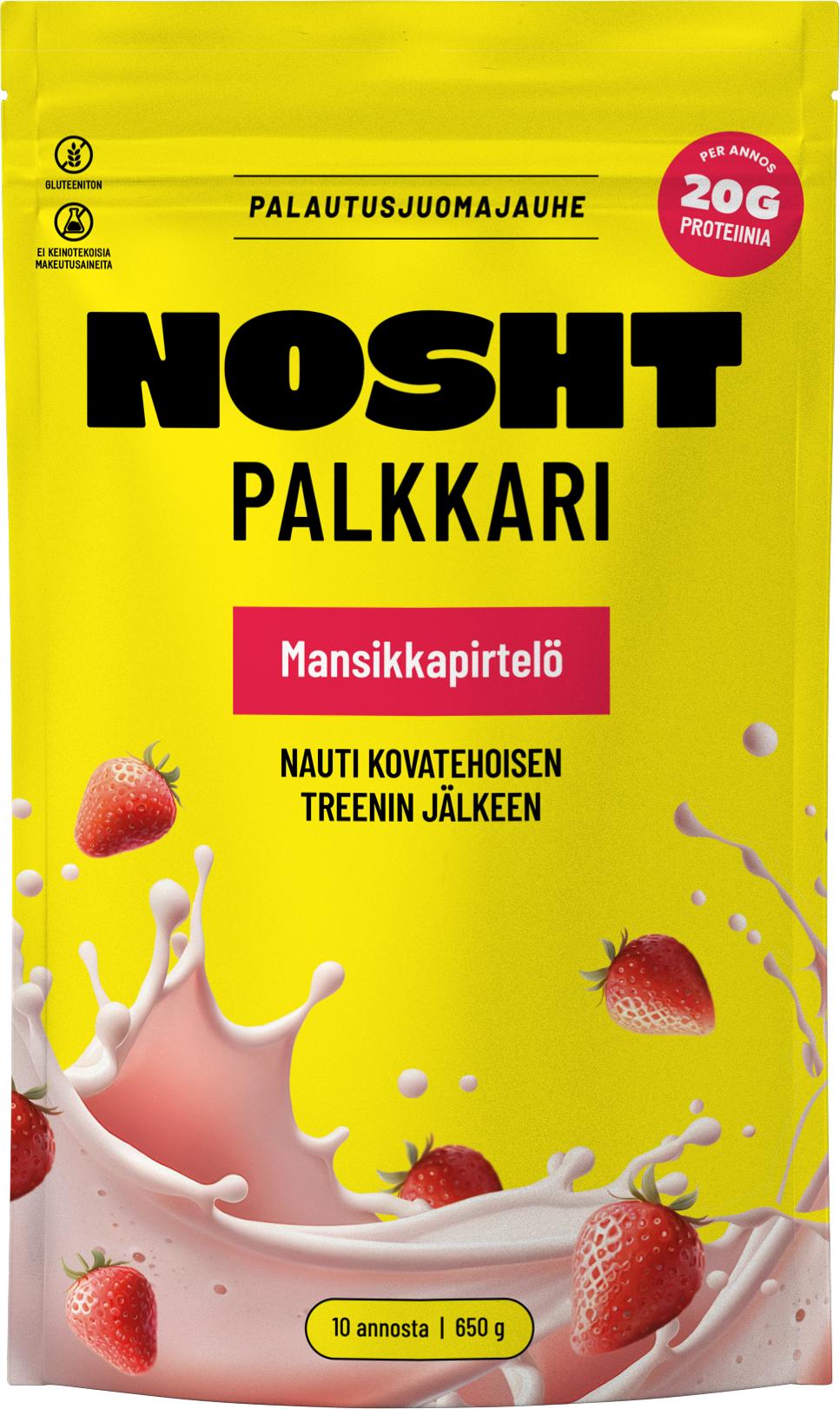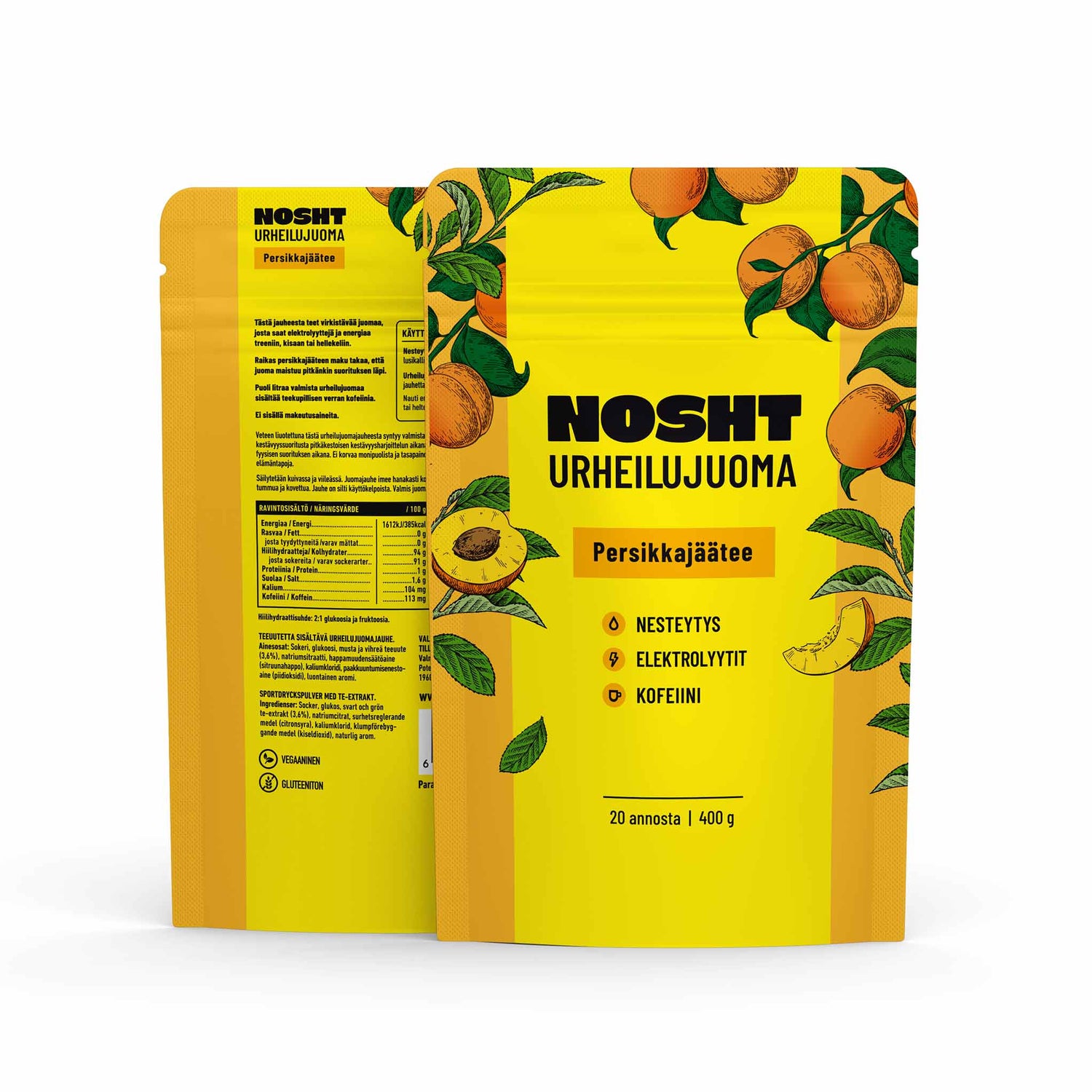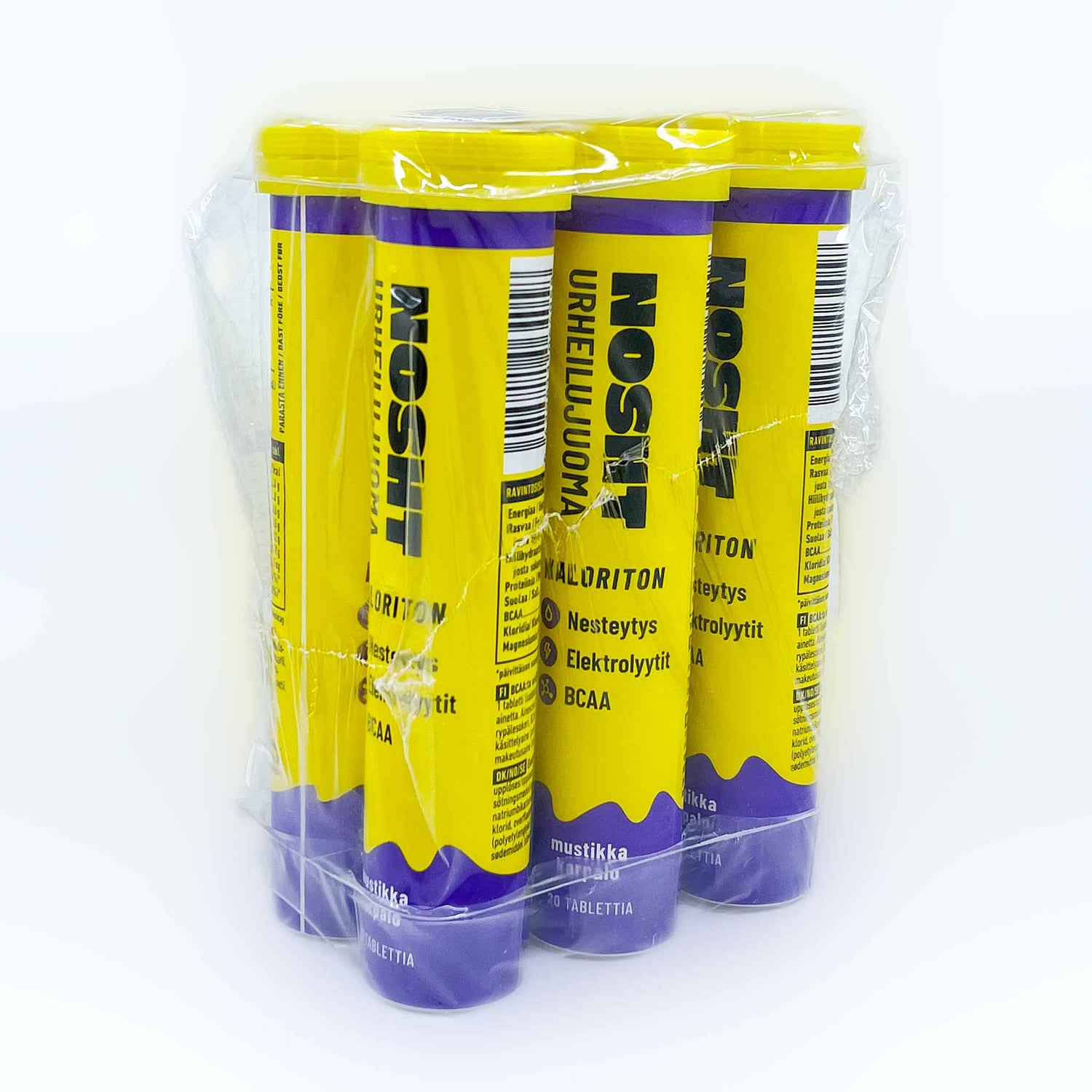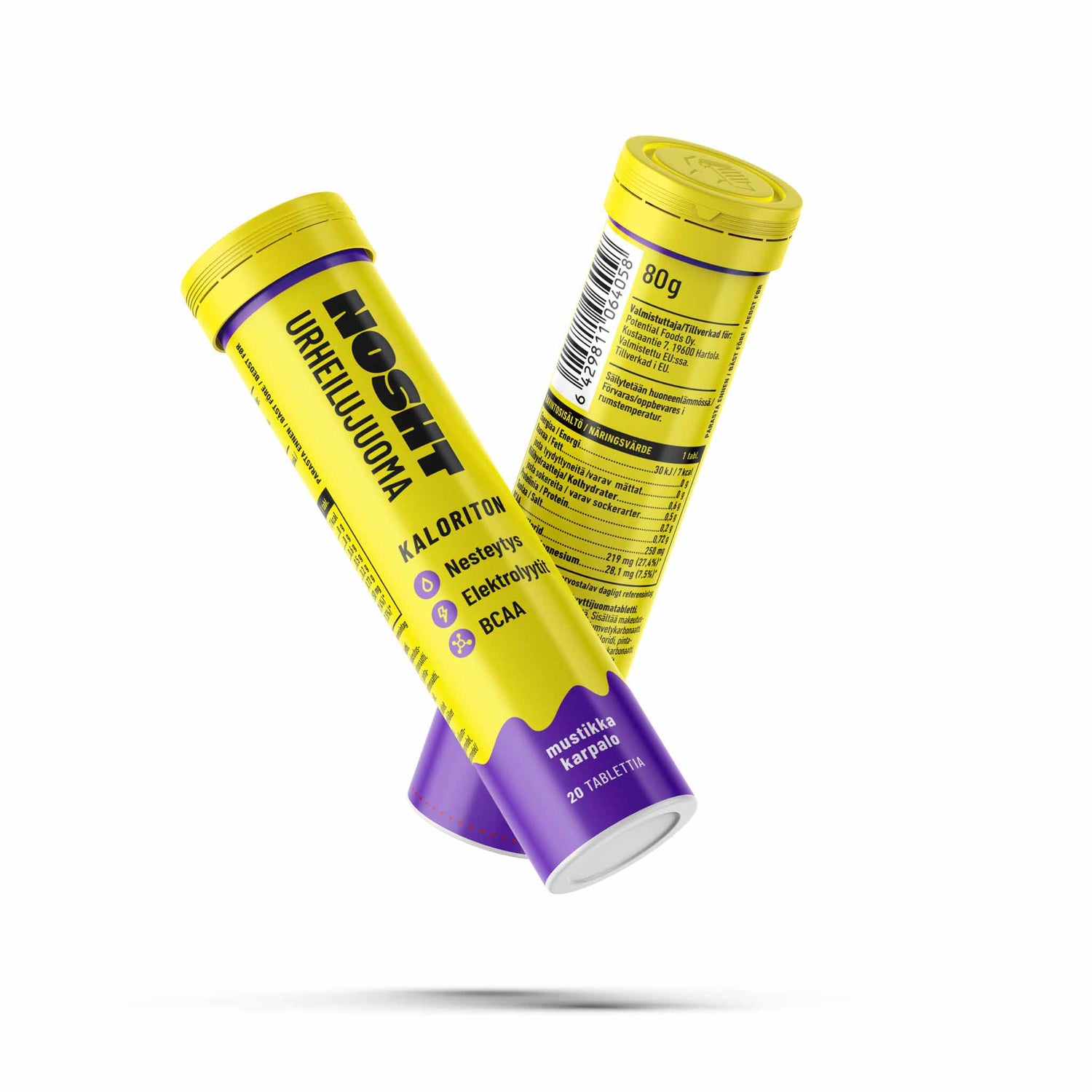Around 50% of athletes suffer from gut issues like nausea, bloating or abdominal pain. This is what causes the problems and how to prevent them.
If you are reading this, chances are that you are familiar with the unfortunate fact that gut issues and endurance exercise often go hand in hand, and that experiencing some sort of gut issues during exercise is normal and a given. The problem is so common that nutrition is often called the fourth discipline of triathlon, and that cycling stage races are referred to as eating competitions.
But why does this happen, and is there something to do about it? In this blog post, I will dive in to the what, the why and the how of gut issues in sports and give you some solutions for the problem.
What’s the issue with gut issues?
Gut issues, or gastrointestinal problems, are present in many sports but particularly in endurance sports. It is estimated that around 30-50% of athletes suffer of some sort of gut issues like nausea, bloating, heartburn, vomiting, abdominal pain or diarrhea during training and racing.
The urgency to find a bathroom, also called runner’s “trots” or runner’s gut amongst runners, can completely ruin a training session or race. The symptoms range from mild to severe and depend on many factors like the type of event, environmental conditions and the level of athlete. The symptoms or a fear of them can also create anxiety, ultimately compromising performance.
The gut is an important organ for athletes since it is responsible for the delivery of nutrients and water to our bodies. If the gut does not function optimally and the delivery of water and nutrients (especially carbohydrates) is compromised, then so is performance and also recovery.
Why do gut problems happen?
The main reasons for gut issues during physical activity can be divided into three categories: physiological, mechanical and nutritional.
- The main physiological reason for gut issues is that exercise leads to a decreased blood flow to the intestines. Blood flow to the intestines/gut is reduced by up to 80% during intense exercise since blow flow is redirected to the working muscles and a lack of blood flow to the gut (also called ischaemia) has been shown to be the main cause of nausea, abdominal pain, vomiting and diarrhea.
Another physiological reasons for gut issues during exercise are decreased motility, sphincter relaxation and delayed gastric emptying.
All of these physiological changes are made worse in a dehydrated state, and these functions are mostly not affected at low intensity but become progressively affected at higher exercise intensities.
- Mechanical reasons for gut issues can be the physical impact of running (the up and down jostling motion) or posture. Impact is more often a problem for runners, whereas posture can lead to upper GI-problems in cyclist, especially in time trial position when you are hunched over which puts an increased pressure on the abdomen sometimes leading to nausea and heartburn.
- Nutritional causes for an upset stomach during exercise can be the ingestion of less ideal pre-race or pre-training meals. Foods high in fibre, fat, protein and fructose are not recommended before or during exercise since they are harder to digest and/or stay in the stomach for a longer time. Dehydration can also make it harder for our bodies to digest foods, so a smaller amount of these foods can lead to problems when dehydrated.
Foods that delay gastric emptying can also cause a shift of fluids into the intestinal lumen and cause trouble. An example is highly concentrated carbohydrate solutions like sports drinks with high osmolalities.
Who is at risk?
Although anyone can be the victim of these issues, there are some athletes who are more at risk than others according to literature:
- It seems like people who are prone to GI issues also have greater problems when it comes to GI issues and sports.
- Runners are more likely to experience gut issues during exercise than athletes of other sports.
- Athletes prone to nervous anxiety. The impact of the nervous system on our gut also explains why some athletes are fine with some kind of food before training but not before racing.
- Elite athletes are more at risk than recreational athletes.
- Women are more prone to stomach issues than men.
- Younger athletes.
What to do about gut issues?
Even though these issues are common, there are things you can do to minimize the risk of having your gut ruin your race. Thankfully our GI-system is highly adaptable and can be trained.
To avoid gut issues during exercise:
- Nutritional training. Train your gut like you train your muscles. Read more about training your gut here.
- Find what works for you, trial different strategies. This may take a bit of trial and error. A food and symptom diary can help in this. Some people can only handle liquids while others need solid food and so on.
- Cut back on high fibre and high FODMAP foods the day before and the day of the race. More info about FODMAPS in training and racing in this blog post.
- Start your workout or race fully hydrated as dehydration will aggravate the symptoms. Dehydration increases the risk of nausea, vomiting, diarrhoea and other gastrointestinal problem during exercise.
- Regularly consume carbohydrate foods and drinks during training, gradually increasing the amounts to increase your tolerance.
- Make appropriate nutritional choices before racing and training. What’s appropriate depends on the intensity, length and aim of your session and individual tolerance. Eating too close to exercise doesn’t allow the stomach enough time to digest the food eaten. Although everyone is different, a good general rule is to avoid eating a main meal within the 2-4 hours before exercise and only keeping any intake light after that.
- Choose a good sports drink. Drinking fluids with a high carbohydrate concentration (greater than 10% – e.g. soft drink, fruit juice and energy drinks) can cause diarrhoea and gut issues during exercise as they draw extra water into the gut. A good sports drink (4 – 8% carbohydrate) is usually less likely to cause gut upset. Read more about sports drinks here.
Lastly, if you feel like nothing is helping and your gut issues keep ruining your training and racing, there are other causes like IBS (irritable bowel syndrome), coeliac disease, lactose intolerance or other gut-related medical conditions that could be to blame. In this case it is best to seek care from a health care professional to rule out anything more serious.
As there are many factors that can trigger unpleasant gut symptoms during exercise, consulting with a sports dietitian will help you to determine which possible trigger/s may be the cause of your gut issues and plan individualized strategies to help avoid them.
Happy training!
Emma Juslin is a registered dietitian and sports nutritionist currently living in Norway. When she isn’t training (swimming, cycling or running) she can most likely be found cooking or baking gut-friendly meals and snacks to fuel her training. She can be found at her website , at @tridietitianemma on Instagram and on nutritionconsultingemma@gmail.com.
Emma has recently released her first e-book about building your own fueling plan, which can be found here.
References:
de Oliveira EP, Burini RC, Jeukendrup A. Gastrointestinal complaints during exercise: prevalence, etiology, and nutritional recommendations. Sports Med. 2014;44 Suppl 1(Suppl 1):S79-S85. doi:10.1007/s40279-014-0153-2
de Oliveira EP, Burini RC. The impact of physical exercise on the gastrointestinal tract. Curr Opin Clin Nutr Metab Care. 2009 Sep;12(5):533-8. doi: 10.1097/MCO.0b013e32832e6776. PMID: 19535976.
Jeukendrup AE. Training the Gut for Athletes. Sports Med. 2017 Mar;47(Suppl 1):101-110. doi: 10.1007/s40279-017-0690-6. PMID: 28332114; PMCID: PMC5371619.
Parnell JA, Wagner-Jones K, Madden RF, Erdman KA. Dietary restrictions in endurance runners to mitigate exercise-induced gastrointestinal symptoms. J Int Soc Sports Nutr. 2020 Jun 10;17(1):32. doi: 10.1186/s12970-020-00361-w. PMID: 32522222; PMCID: PMC7288429.
